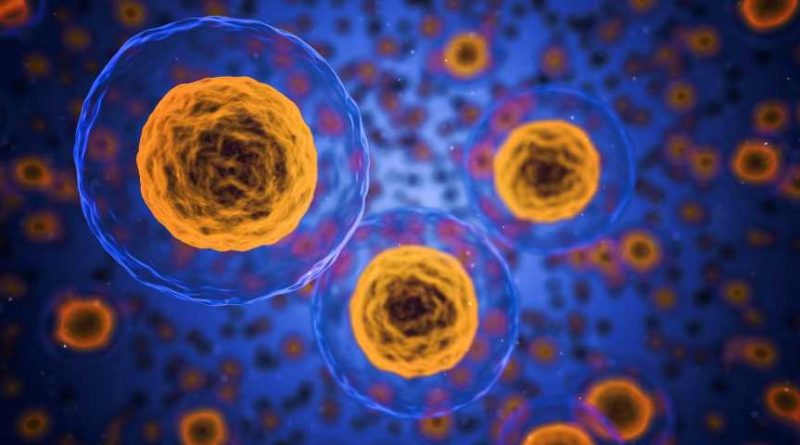Cytokines found to contribute to IgA nephropathy

Some cytokines can enhance the production of aberrantly O-glycosylated IgA1, the main autoantigen in IgA nephropathy. The mechanism behind this observation is described in the Journal of Interferon & Cytokine Research (JICR).
Immunoglobulin A (IgA) nephropathy is the most common primary glomerulonephritis worldwide. There is no disease-specific treatment, and up to 40% of patients will progress to kidney failure. IgA nephropathy is an autoimmune disease in which the kidneys are injured as a result of circulating immune complexes that contain aberrantly O-glycosylated IgA1 bound by IgG autoantibodies.
Colin Reily, Ph.D., from the University of Alabama at Birmingham, and coauthors, present their view of the pathogenesis of IgA nephropathy and review how abnormal cytokine signaling in IgA1-producing cells can contribute to the disease process. The authors discuss the human IgA structure and glycosylation, genetics of IgA nephropathy, and the role of cytokines in B cell development and differentiation, and cytokines and production of aberrantly glycosylated IgA1. They also provide an update on clinical trials that use some of these cytokines as therapeutic targets and discuss future directions in IgA nephropathy.
Source: Read Full Article



